News
5 and 6 May 2026 - «SOS insects: reintroduction and conservation. What are the challenges and how can we meet them?»
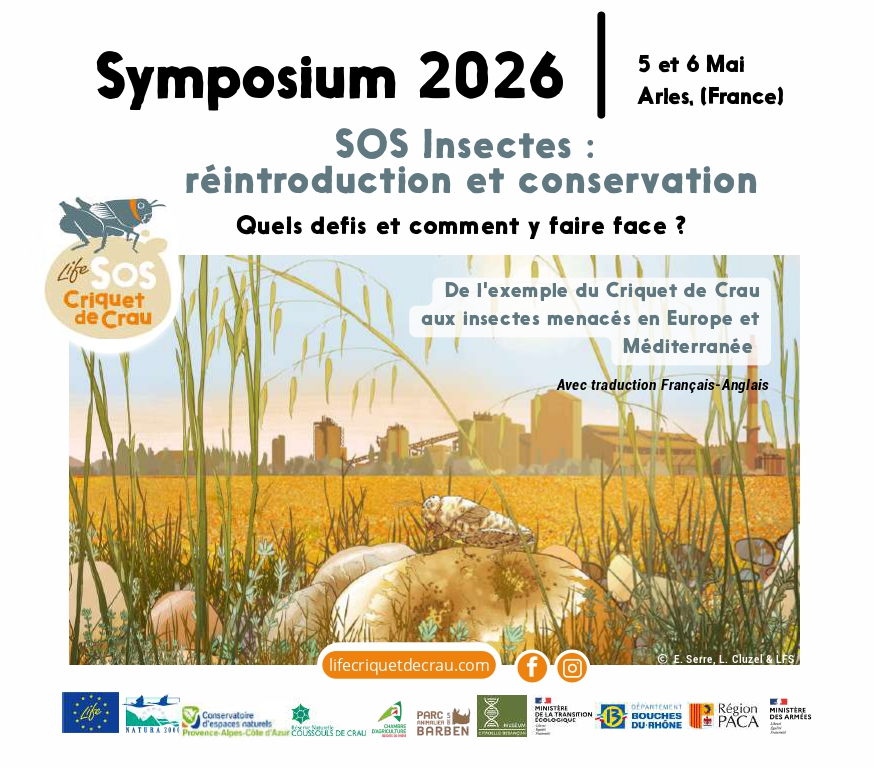
Insects are present in most terrestrial and aquatic ecosystems. They represent the animals with the greatest diversity, abundance and biomass. Seventy-three percent (73%) of the animal species described are insects. They have diverse and crucial ecosystem functions and services.
However, a number of species are at high risk of extinction, unprotected (0.12% protected at EU level), and the environmental changes brought about by humans are shifting the balance of services rendered towards greater damage (health, crops, food), further accentuating an overall negative perception.
However, conservation efforts have been made locally for decades to counter this general trend. While reintroductions (or similar actions) have long been operations focused mainly on mammals and birds, they could be more closely accompanied by habitat conservation actions in the case of insects.
Based on the conservation strategy for the Crau locust (Prionotropis rhodanica), an endemic species, initiated 10 years ago and completed by the LIFE SOS Crau locust project, the aim is to share knowledge (and identify gaps) on all the stages required for a reintroduction (or a similar operation) for an insect: analysis of threats, scientific monitoring, conservation actions (management of the species and its habitat), etc.
Researchers, naturalists, managers of natural and/or agricultural areas, breeders, farmers and zoo curators are all welcome to attend or to propose a talk.
The symposium will take place in Arles and will include excursions in the Coussouls de Crau National Nature Reserve, site of presence and conservation of P. rhodanica.
Registration is free!
15th European Congress on Restoration Ecology
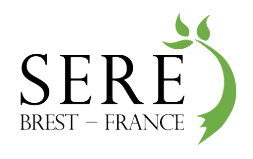
From 24 to 28 August 2026, Brest will host the 15th European Congress on Restoration Ecology. After organising the 10th in Avignon in 2010, Thierry DUTOIT (DR CNRS IMBE - IUT) and Élise BUISSON (Professor of’Avignon University IMBE - IUT) are respectively co-chair of the organising committee and co-chair of the scientific advisory board.
We look forward to seeing many of you there

Élise BUISSON, lecturer and researcher at the’IMBE of the‘Avignon University Institute of Technology, is pleased to announce her appointment as university professor.
This step comes on top of his appointment as Knight of the National Order of Merit by the Ministry for Ecological Transition and Territorial Cohesion.
Élise BUISSON extends his sincere thanks to those who accompany him: colleagues, partners, and students. Their support, exchanges, and trust make this journey incredibly rewarding.
Élise BUISSON says: «I look forward to continuing our commitment to living, resilient ecosystems alongside the various stakeholders.».
NOTICE OF THESIS DEFENCE BY Sarah KUBIEN, doctoral student at the IMBE laboratory of the IUT of Avignon University
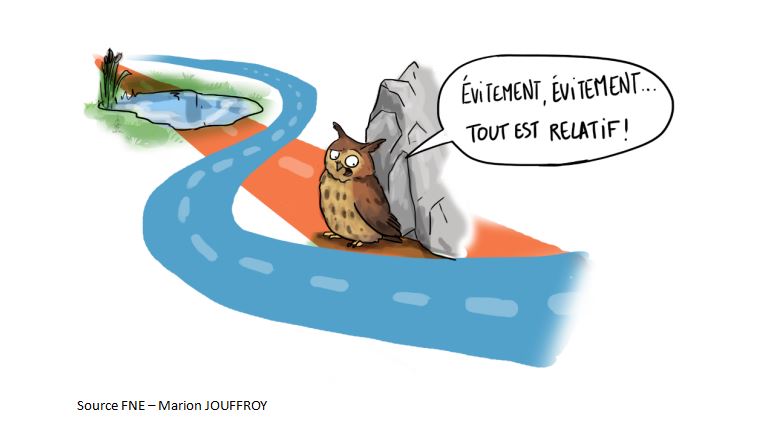
Subject to the rapporteurs' approval, Ms. Sarah Kubien, PhD student at the laboratory IMBE and former assistant professor in the Marketing Techniques department (2022-2024), will defend her doctoral thesis on’Avignon University, ED 537, Culture and Heritage, specialising in Public Law.
Thesis entitled:
"Avoidance in environmental law: an introduction through environmental assessment"
Monday, 15 December 2025 at 3:00 p.m., in the thesis room at Avignon University – Hannah Arendt Campus – 74 Rue Louis Pasteur, 84029 Avignon
THESIS SUPPORT NOTICE FOR LÉA SABY doctoral student at the UMR IMBE, IUT d'Avignon University
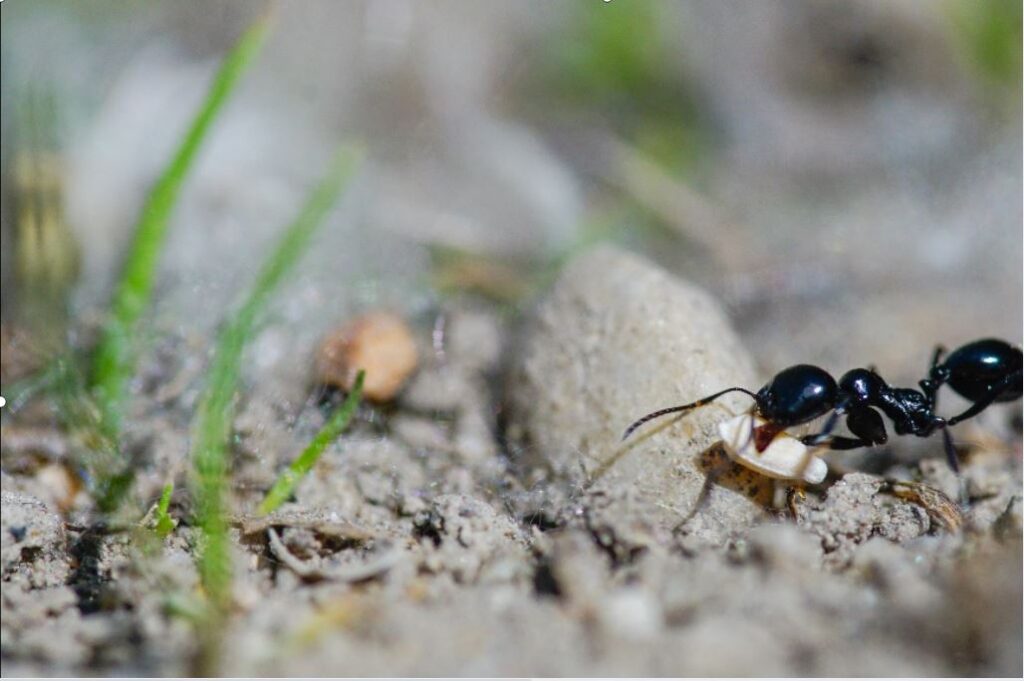
The entireIMBE as well as theIUT d'Avignon University are pleased to inform you that Mrs Léa Sabya doctoral student atUMR IMBE, IUT d'Avignonwill submit his doctoral thesis at the University of Avignon, ED 536, Sciences and Agrosciences, Biology speciality with the title :
Evaluating Nature-based Solutions for Restoration
Mediterranean grasslands: Impacts of ecological heritages on dominant communities and species
Thursday 27 November 2025 from 2.00 pm, in the amphitheatre of the Avignon IUT University
Campus Jean-Henri Fabre - 337 chemin des Ménajariés - Site Agroparc BP 61207 - 84911 Avignon Cedex 09
environmental research in the spotlight at the fête de la science 2025!
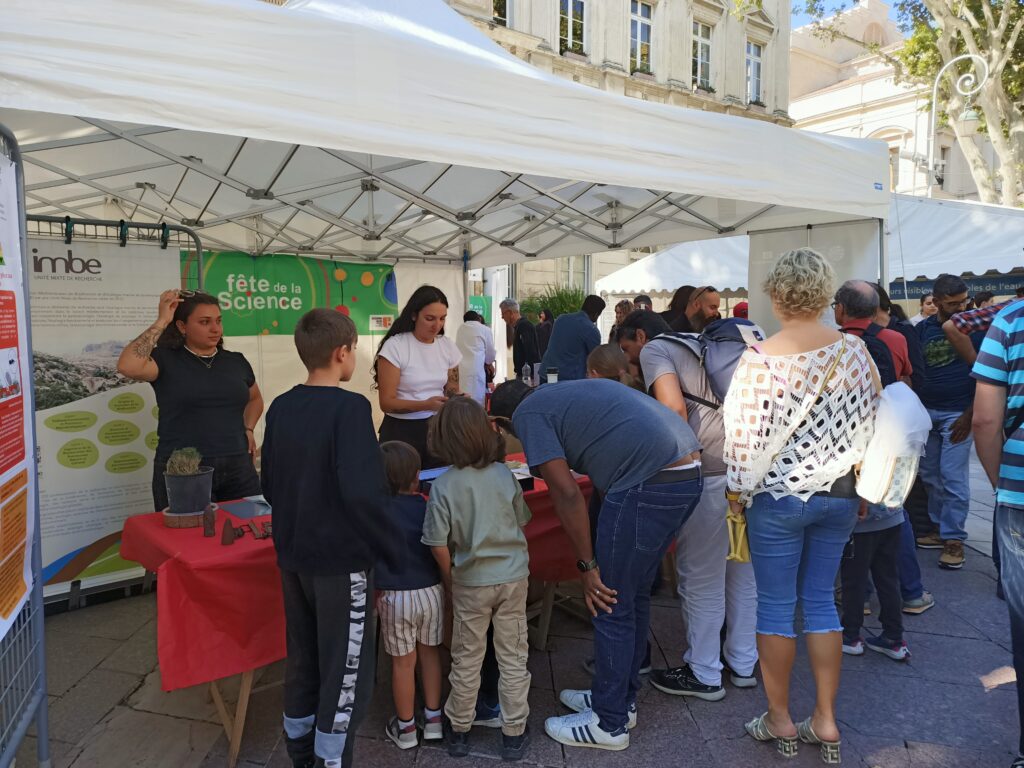
Saturday 4 October, as part of the Science Village, two members of theIMBE to theIUT d'Avignon Université, Emma LEONE (doctoral student) and Romane BLAYA (LRU), brilliantly represented the Institute's research work
On the stand "Environmental research at Avignon University with the IMBE: from the molecule to the ecosystem", they presented the missions of Mediterranean Institute of Biodiversity and Ecology (IMBE):
- Conservation of natural and cultural heritage
- Agroecology research
- Ecotoxicology
- Ecological restoration
The stand was very well attended, generating a great deal of discussion and demonstrating the growing interest in the issues of biodiversity and ecological transition.
A big well done to Emma and Romane for their commitment!
Webconference by Thierry DUTOIT, ecologist and director of research at the CNRS (IMBE) and Emma LÉONE, doctoral student in Ecology, on the theme: "Bad military memories in natural spaces. How to clean up".
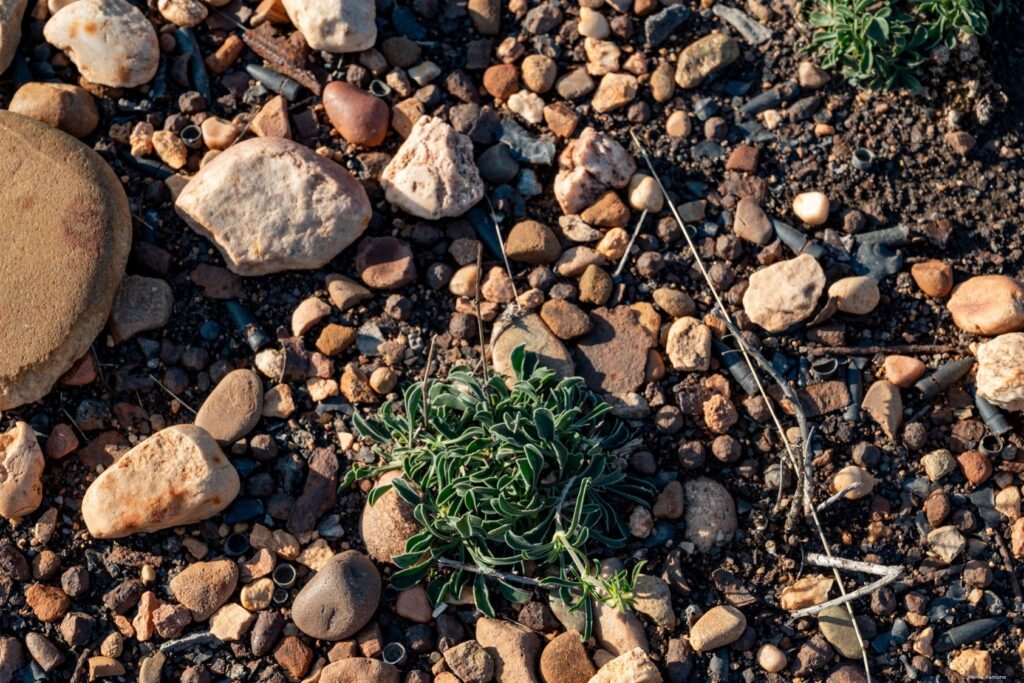
REVER 14 Conference - Workshop days of the network of exchanges and valorisation in restoration ecology
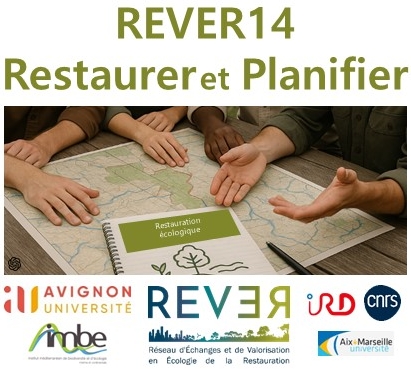
The 14th REVER conference - Réseau d'Echanges et de Valorisation en Ecologie de la Restauration, REVER ET PLANIFIER, will be organised by the Institut Méditerranéen de Biodiversité et Ecologie (EECAR team) on 13 and 14 January 2026 at Avignon University (Campus Hanna Arendt, in the city centre).
The website is now open for submissions and registrations. All the information is there: https://rever14.sciencesconf.org.
Lecture by Thierry DUTOIT, Ecologist and CNRS Research Director (IMBE) and Emma LEONE, PhD student in Ecology (IMBE)
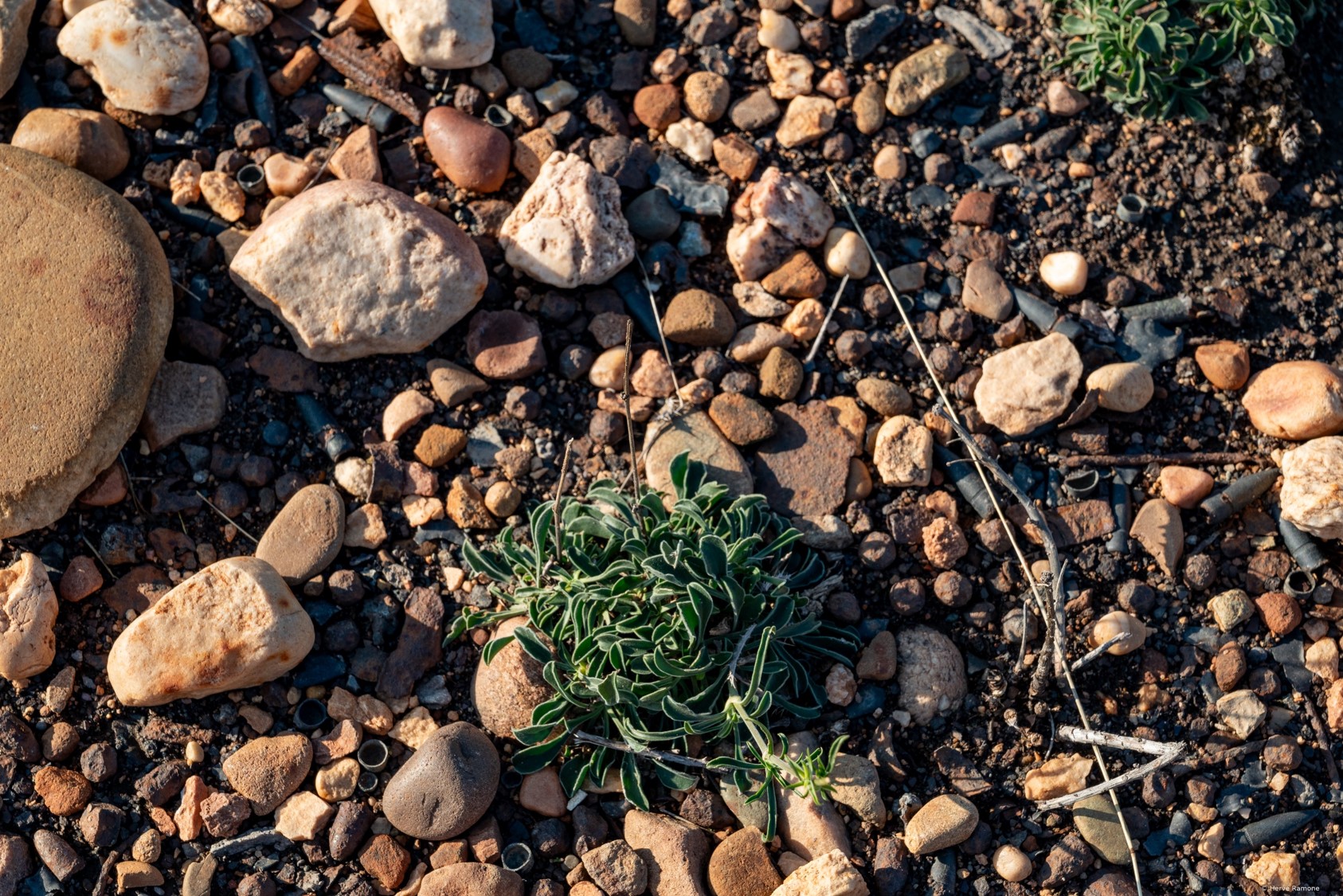
On Wednesday 24 September at 7.00 pm, a conference will be held by Thierry Dutoit, Ecologist, CNRS Research Director at IMBE and Emma Leone, doctoral student in ecology at IMBE entitled
"Bad military memories in natural areas. How to clean up and renaturalise? ".
As always, this event will be accessible in person at the Endoume marine station in Marseille as well as live from 7pm:
Summary of the conference: The contamination of ecosystems by persistent substances from military munitions is a very worrying phenomenon, particularly as a result of the expansion of conflict zones around the world, but also in areas where there have been conflicts in the past or where there are military training, manufacturing or destruction sites for munitions.
This is particularly true of the Crau plain in the Bouches-du-Rhône region, a remarkable natural area that is now protected but has been heavily impacted by military activities since the end of the 19th century. Could nature-based solutions help to clean up and renaturalise this ecosystem while limiting the impact on its exceptional flora and fauna?
We look forward to seeing you in person or by videoconference!
Notice of defence of the thesis of Sabrina CESARIN, doctoral student in the Biological Engineering Department of the IUT of Avignon University

Sabrina defended her joint thesis with the University of the State of Sao Paulo (UNESP Brazil) on Thursday 4 September 2025.
This former doctoral student worked in the Biological Engineering department of the Avignon University IUT, where she carried out her work from October 2023 to September 2024.
New scientific evidence on the ineffectiveness and injustice of climate policies
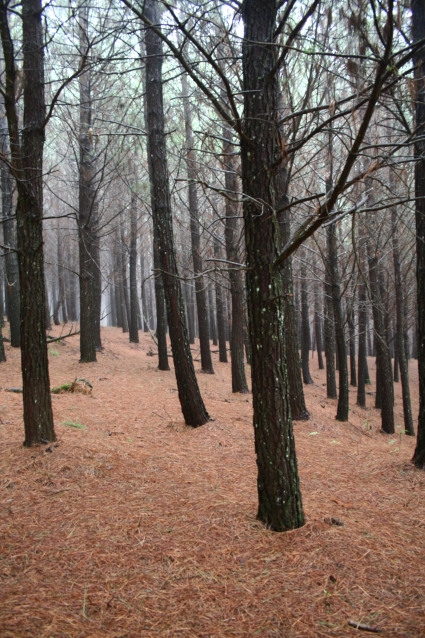
Planting trees alone will not solve the problem of climate change, and there is no miracle solution for truly inclusive ecosystem restoration.
A new study, published on 31 July 2025 in the journal Nature Geoscienceshows that restoring our natural habitats can only offset a small proportion of the carbon we release into the atmosphere. It is therefore crucial to reduce emissions rapidly, while ensuring that restoration initiatives are equitable, focused on biodiversity and adaptation to climate change.
Tölgyesi C, Csikós N, Temperton VM, Buisson ESilveira FAO, Lehmann CER, Török P, Bátori Z, Bede-Fazekas Á (2025) Limited carbon sequestration potential from global ecosystem restoration. Nat Geosci 1-8. https://doi.org/10.1038/s41561-025-01742-z
Emma Leone, a first-year PhD student in the EECAR team, wins a prize!
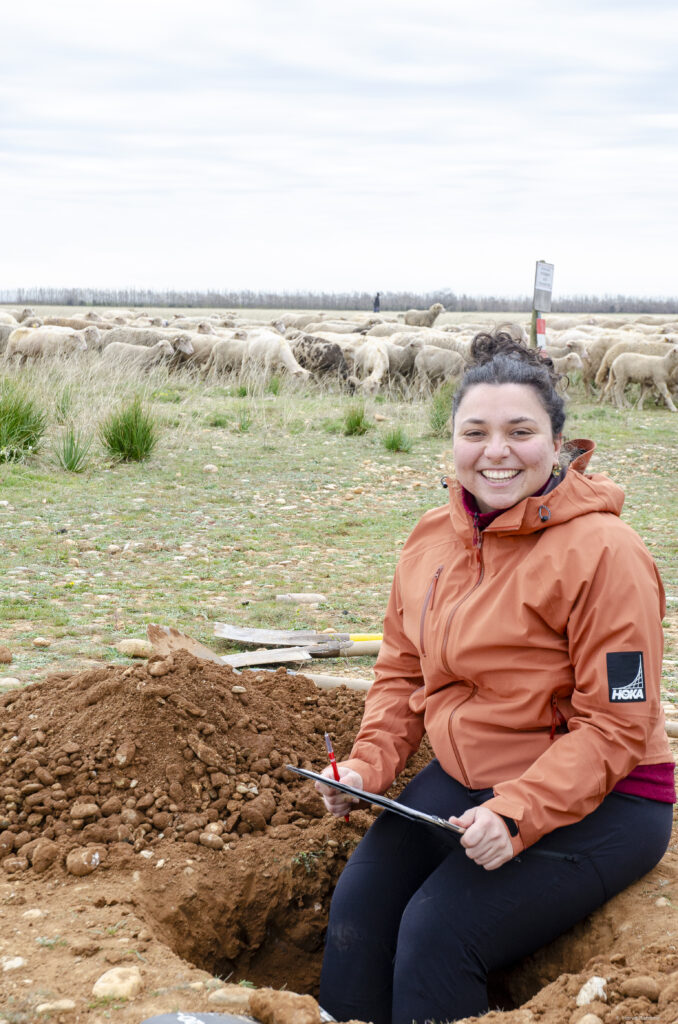
Emma Léonea doctoral student in the first year of her thesis in the EECAR to theUMR IMBE-IUT d'Avignon University won the prize for best oral paper at the de la French Society for Fundamental and Applied Ecotoxicology which took place in La Roche-Sur-Yon from 1 to 4 July 2025.
His paper looked at the very long-term effects of soil contamination following the burning of munitions in a protected natural area, the Crau plain in the Bouches-du-Rhône département.
Half of his research is supported by the Sud-PACA region via the "Emplois Jeunes Doctorants" scheme and the company RSK-France.
His work is also the fruit of collaboration between three UMR, LCE, LPED and IMBE and should lead to the implementation of operations to rehabilitate and ecologically restore polluted sites.
Our heartfelt congratulations go to Emma on winning this award for her first oral presentation at a conference!
A new biodiversity reserve: La Crau du Piboulon
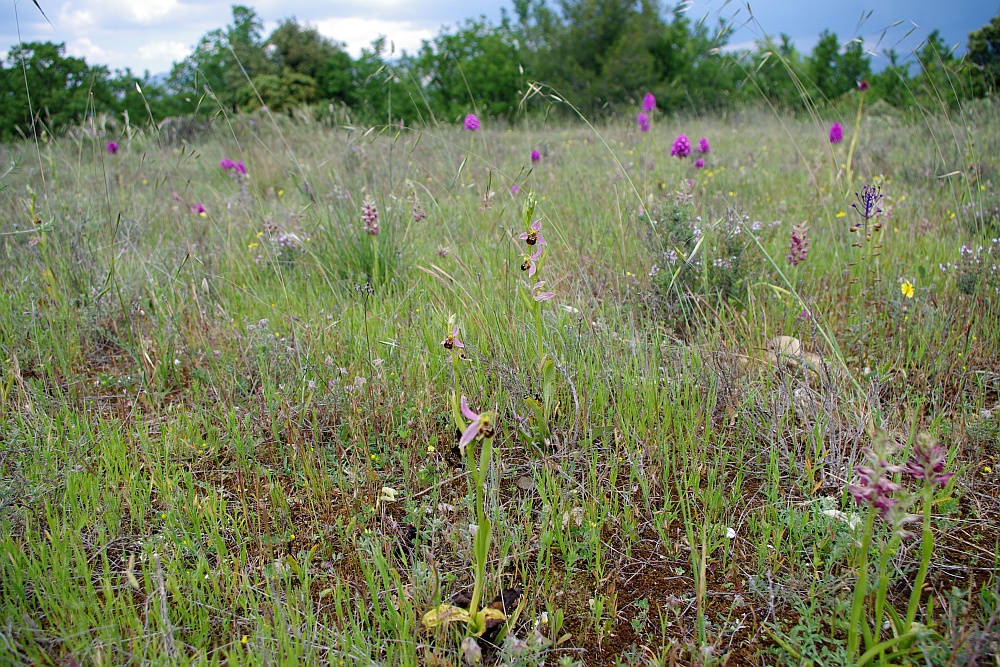
Thanks in part to the work of Thierry Dutoit, director of research at CNRS at IMBE, La Crau du Piboulon, located between Alleins and Mallemort, has become the first biodiversity reserve in the Aix-Provence-Marseille Metropolitan Area.
Thierry and his colleagues (Hervé Ramone, Daniel Pavon, Elise Buisson, Anouk Courtial) discovered over 90 plant species in an area of 100 m², and counted a dozen orchid species, including Anacamptis coriophora subsp. fragransand two protected species, Serapias parviflora and Ophrys provincialis.
A fine example of how avoidance in advance is better than compensation and restoration in retrospect to conserve exceptional natural areas!
Ants: tiny and fascinating!
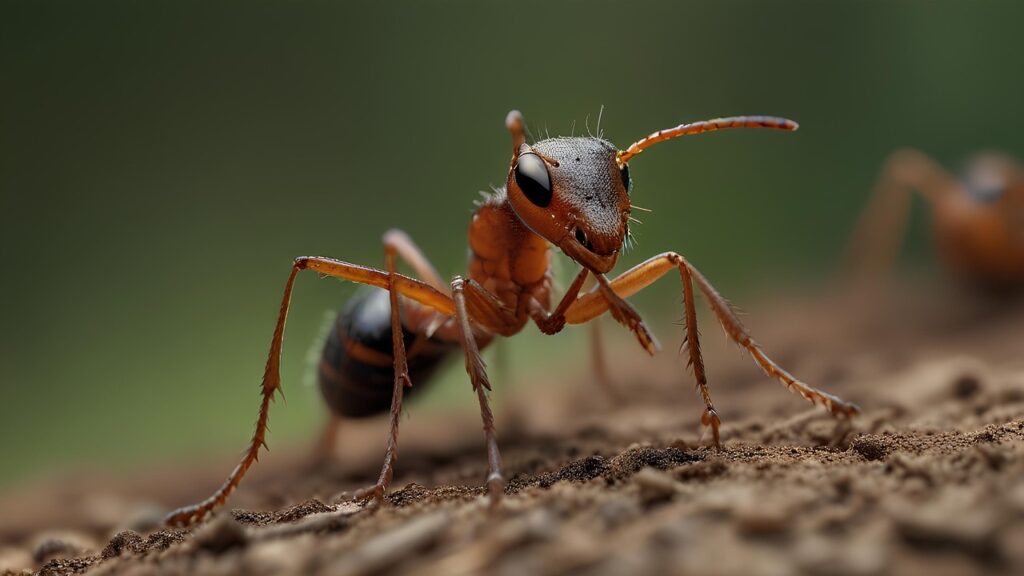
Discover the report broadcast on TF1 on Friday 23 May 2025, during the 8pm news, about the ants in the Crau reserve!
These little allies are playing a key role in restoring the site following an oil spill, thanks to the work of the EECAR-IMBE research teams.
Thierry Dutoit, Director of Research at the CNRS, gives us all the details in his exclusive interview.
Don't miss this fascinating report!
pour rappeL : CONFERENCE BY CLÉMENTINE MUTILLOD : FROM FRANCE TO MONGOLIA, THE RETURN OF THE PRZEWALSKI HORSE AND ITS EFFECTS ON THE STEPPE

Clémentine MUTILLOD is pleased to announce that it will be hosting a conference entitled :
From France to Mongolia, the return of the PRZEWALSKI horse and its effects on the steppe:
WEDNESDAY 26 MARCH 2025, 7.00 pm - 8.00 pm
PLACE :
SME - Conference room Building 4 - Endoume Marine Station
Chemin de la batterie des lions - Building 4, meeting room
13007 Marseille
publication by Ludivine laffon & ROMANE BAYA: "Spontaneous flora, a natural ally in protecting orchards".

Modern agriculture faces a dual challenge: reducing the use of pesticides while preserving biodiversity.
By studying 18 apple orchards in Provence, researchers from theINRAE have shown that spontaneous flora plays a key role in crop protection by providing refuge and resources for pollinating insects and natural predators of pests.
Read a publication by Ludivine LAFFON and Romane BLAYAposted on the INRAE
NOTICE OF THESIS SUPPORT FOR EMILE MELLOUL , doctoral student at IMBE
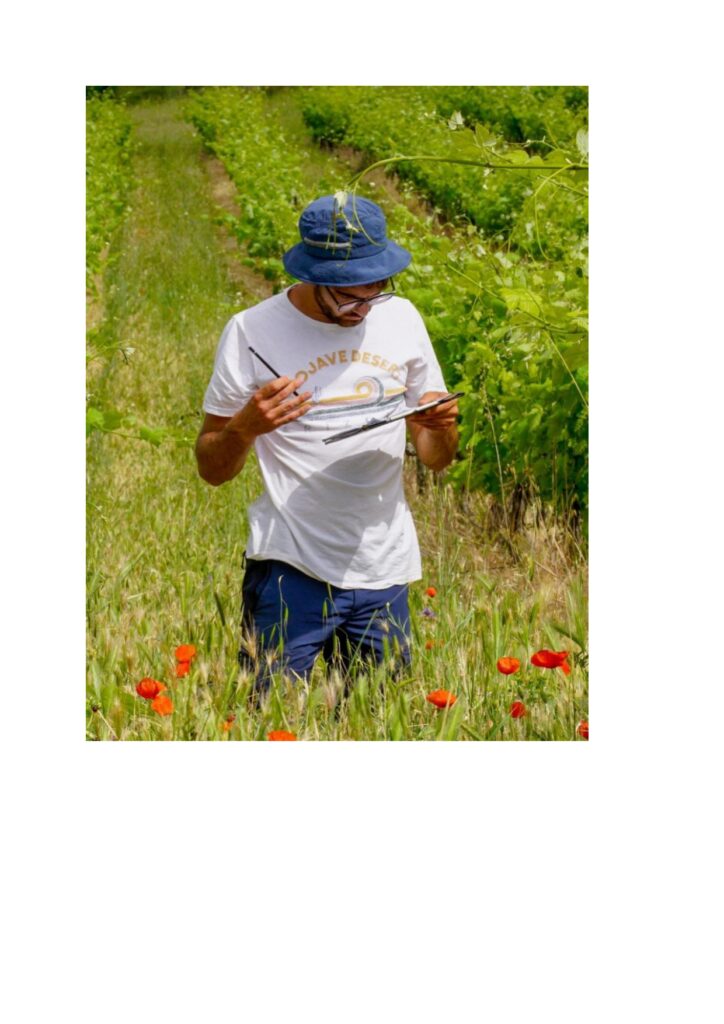
Émile MELLOUL, a doctoral student at the Institut Méditerranéen de Biodiversité et d'Écologie marine et continentale (IMBE), is pleased to inform you that he will be defending his thesis on Monday 7 April 2025, at 1.30pm in the amphitheatre of the IUT of Avignon University.
The title of his thesis is :
"The effects of irrigation on biodiversity in Mediterranean wine-growing ecosystems".
Ants to the rescue of degraded grasslands by Léa SABY

Here is an article from Léa SABY's thesis published on the CNRS INEE website, which has honoured us with a news item about waste from ants helping degraded grasslands.
Hugo Fontes, PhD student at UMR IMBE, EECAR team, IUT d'Avignon, France
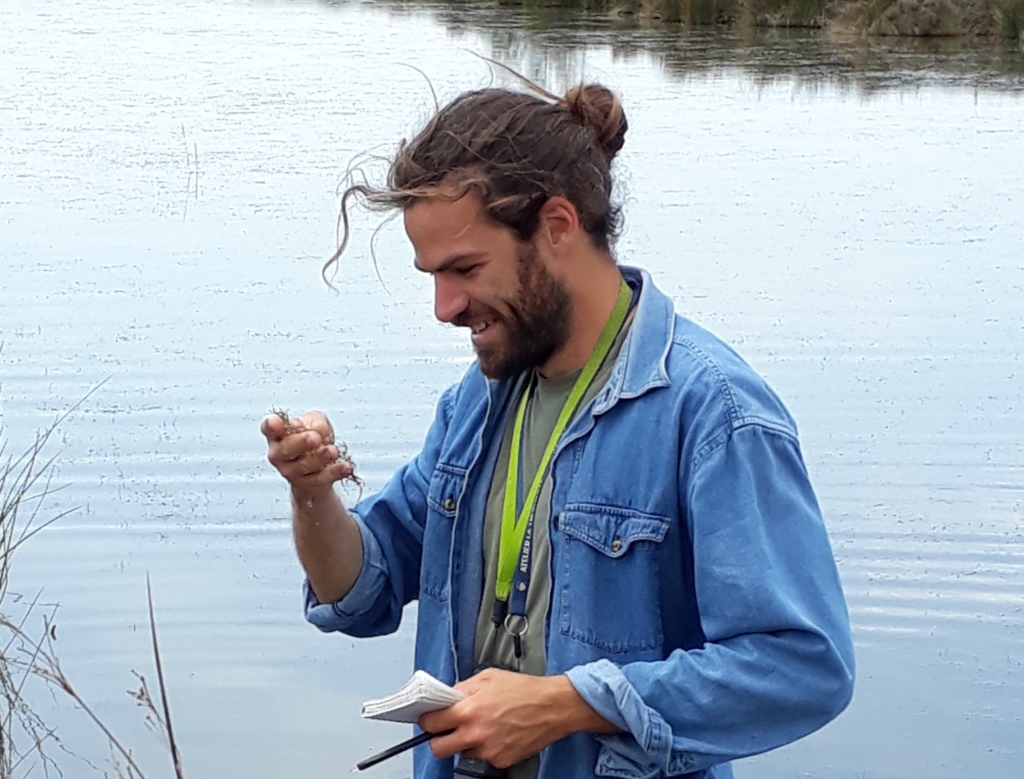
Hugo FontesD. student at the UMR IMBE, EECAR team, IUT d'Avignon and the Tour du Valat, Institut de recherche pour la conservation des zones humides méditerranéennes, will present his doctoral thesis at the University of Avignon, ED 536, Sciences and Agrosciences, specialising in Life Sciences.
Thesis subject :
How to use the reference ecosystem concept
to assess the success of creating temporary ponds in the Camargue?
Monday 24 February 2025
2pm, Tour du Valat
Le Sambuc, Arles
https://zoom.us/j/4909720134 (meeting code: 049097)
Webconference by Clémentine Mutillod and Laurent Tatin entitled: "Horses managed as wild" Thursday 27 February - 11.30am to 12pm

Hugo fontes' thesis defence entitled: "What use should be made of the concept of reference ecosystem?
to assess the success of creating temporary ponds in the Camargue?
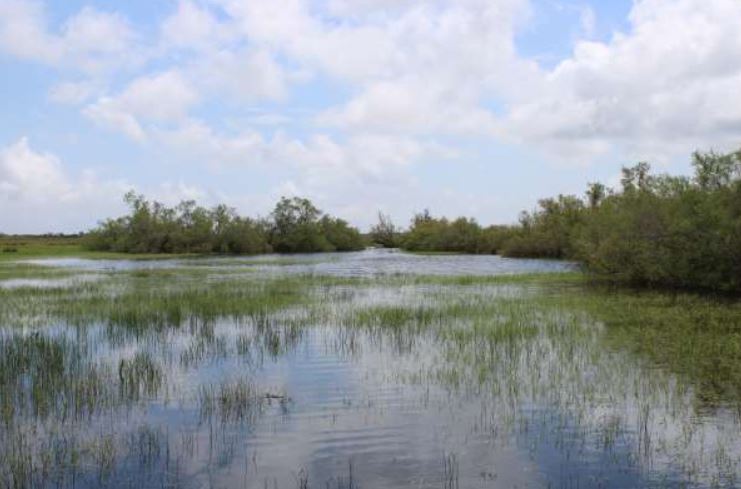
Subject to assessment by the rapporteurs, Mr Hugo Fontes, doctoral student atUMR IMBE, EECAR team, IUT d'Avignon University and the Tour du Valat, a research institute for the conservation of Mediterranean wetlands, will present her doctoral thesis at theUniversity of AvignonED 536, Sciences and Agrosciences, Life Sciences speciality.
How to use the reference ecosystem concept
to assess the success of creating temporary ponds in the Camargue?
Monday 24 February 2025
2pm, Tour du Valat
Le Sambuc, Arles
https://zoom.us/j/4909720134 (meeting code 049097)
Please reserve this slot in your diaries.
For more information
Defense of Romane BLAYA's thesis entitled: "RESPONSE OF STRUCTURE AND TEMPORAL DYNAMICS OF ANT COMMUNITIES TO SPATIAL CHARACTERISTICS AND HABITATS ON SMALL MEDITERRANEAN ISLANDS".
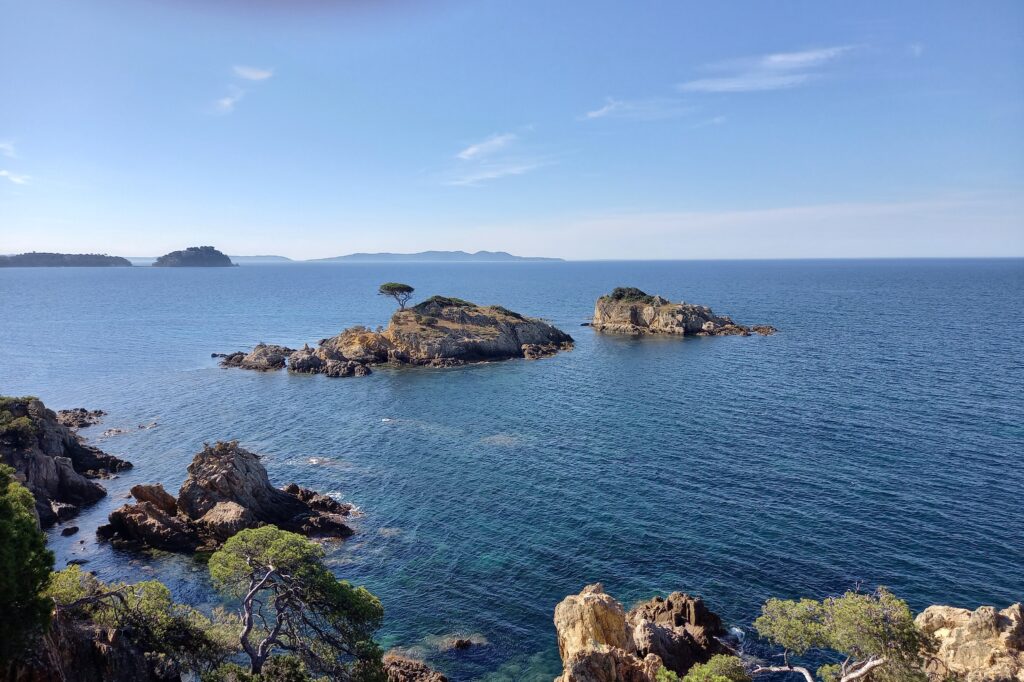
Romane BLAYA publicly defend his thesis work Monday 16 December 2024, at 3pm in theAmphithéâtre Blaise (CERI) technopole Agroparc in Avignon.
In front of a jury made up of : Anna TravesetResearch Director, Instituto Mediterraneo De Estudios AvanzadosRapporteur Xim Cerdá, Research Director, Estación Biológica de Doñana Rapporteur Ana Santos, Research Fellow, Universidad Autónoma de Madrid Examiner Jelena Bujan, Research Fellow, Ruđer Bošković Institute Examiner Jean-Philippe Lessard, Professor, Concordia University Examiner Elise Buisson, Maître de Conférences HDR, IMBE, Avignon University Thesis supervisor Philippe Ponel, Director of Research, IMBE Aix-Marseille University Thesis co-supervisor Olivier Blight, Senior Lecturer, IMBE, Avignon University Thesis co-supervisor
MORE INFORMATION ABOUT THE EVENT
Blaise Amphitheatre (CERI) - Agroparc - 339 chemin des Meinajaries - 84140 Avignon
DOWNLOAD THE PDF VERSION
Electric ants by Olivier Blight
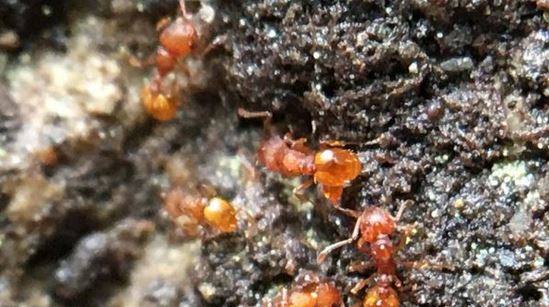
The electric ant may be tiny, but its sting is like a shock... A new outbreak has recently been detected in the Var department.
Watch the France Inter interview with Olivier BLIGHT, IMBE research lecturer in the GB Department of the Avignon University Institute of Technology.
DEFENCE OF THE THESIS OF CLÉMENTINE MUTILLOD
Ms. Clémentine Mutilloda doctoral student atUMR IMBE, EECAR team, Avignon IUTis pleased to announce that she will be submitting her doctoral thesis at the University of Avignon, ED 536, Sciences and Agrosciences, specialising in Ecology - Population Biology and Ecology.

"Conceptual, taxonomic and functional approaches to the influence of domestic or 'wild' herbivores on the dry grasslands of the Causse Méjean (Massif Central, France)".
The Wednesday 04 December 2024 at 2.00 pm, in the amphitheatre of theAvignon IUT - 337 chemin des Meinajariés, Site Agroparc BP 61207 - 84911 Avignon cedex 09
Strong attendance at theIMBE to the Coussouls festival which took place in Saint-Martin-de-Crau on Sunday 13 October!
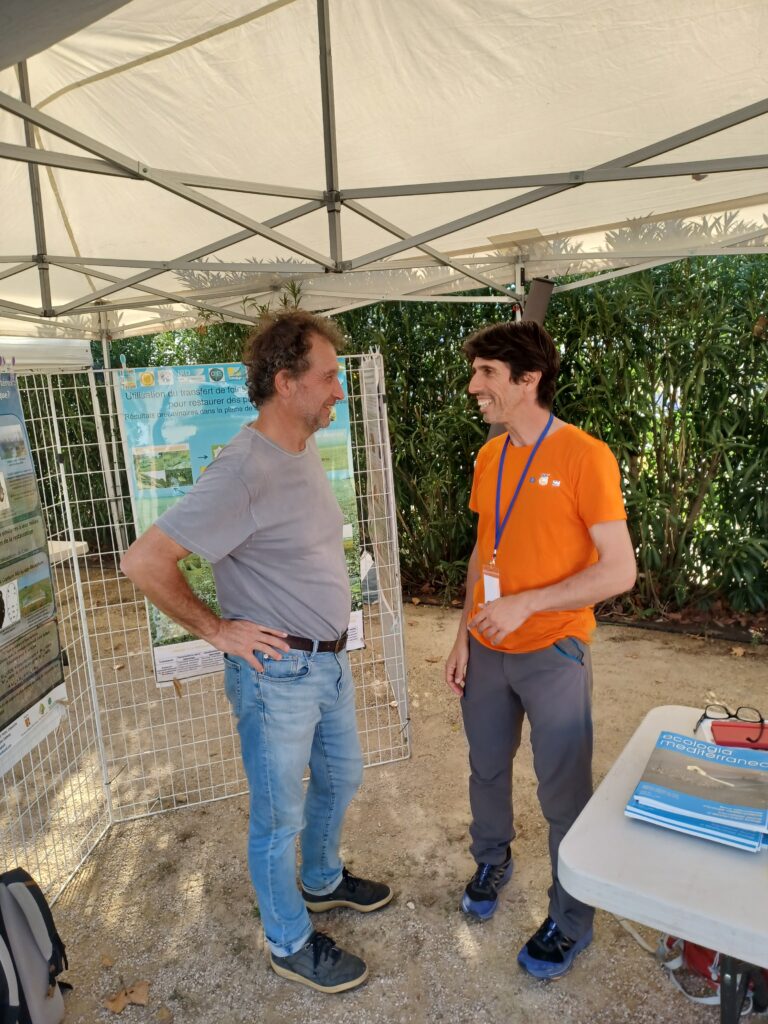
As part of the Coussouls Festival which was held for the first time at the Domaine départemental des Aulnes in Saint-Martin-de-Crau, theIMBE held by Cécile Latapy (PAHIS team), Laurent Tatin and Thierry Dutoit (EECAR team), IUT AvignonThe event was a great success, with over 1,000 people taking part.
Thank you once again for your commitment throughout the day. !
Conference on the Crau and the Coussouls Festival Saturday 12 and Sunday 13 October 2024

On Saturday 12 and Sunday 13 October 2024, the team EECAR of theAvignon IUTwill be taking part in events organised on the Crau plain:
- Saturday 12 October as part of the conference organised by the Arles Academy of Sciences "La Crau, an area yet to be discovered? " at the Musée de l'Arles AntiqueSee the programme here: at 10.00 a.m., "La Crau, a controversial Mediterranean steppe" by Thierry dutoit, director of research at the CNRS, Mediterranean Institute of Biodiversity and Ecology, IUT Avignon.
- Sunday 13 October as part of the Coussouls Festival at the Domaine départemental des Aulnes in Saint-Martin-de-Crau :
On the programme for the Coussouls Festival (all day from 10am to 7pm):
- A large market of local producers
- Pastoral activities
- Nature outings, events and biodiversity workshops for children
including between 9.00 and 12.00, Re-wilding the Crau? by Thierry Dutoit - 20 stands run by associations and partners from the Crau region, including the CNRS stand run by Laurent Tatin and Cécile Latapy (posters, films and games on the ecology, conservation and restoration of the Crau plain).
- Food trucks with local flavours, including the famous lamb burger
A concert, screenings...
You can find all this information on the project website LIFE SOS Crau locust
1st prize awarded to Clémentine MUTILLOD FOR the best oral presentation

Clémentine Mutillod, a doctoral student in the third year of her thesis with the IMBE EECAR team at the IUT Avignon, won first prize for the best oral presentation entitled "What are the effects of the introduction of "wild" horses on the dung beetle assemblage and its associated ecological functions?" ("What are the effects of the introduction of 'as wild' horses on dung beetle assemblage and its associated ecological functions?") during the 14th European Conference on Ecological Restoration (14th European Conference on Ecological Restoration) held from 26 to 30 August 2024 in Tartu, Estonia. held from 26 to 30 August 2024 in Tartu, Estonia.
We'd like to offer him our sincerest congratulations, as the symposium was attended by around 700 people, including 64 oral presentations by students applying for this award!
For more information
The return of the wild Under the concrete, the living soil of the Crau
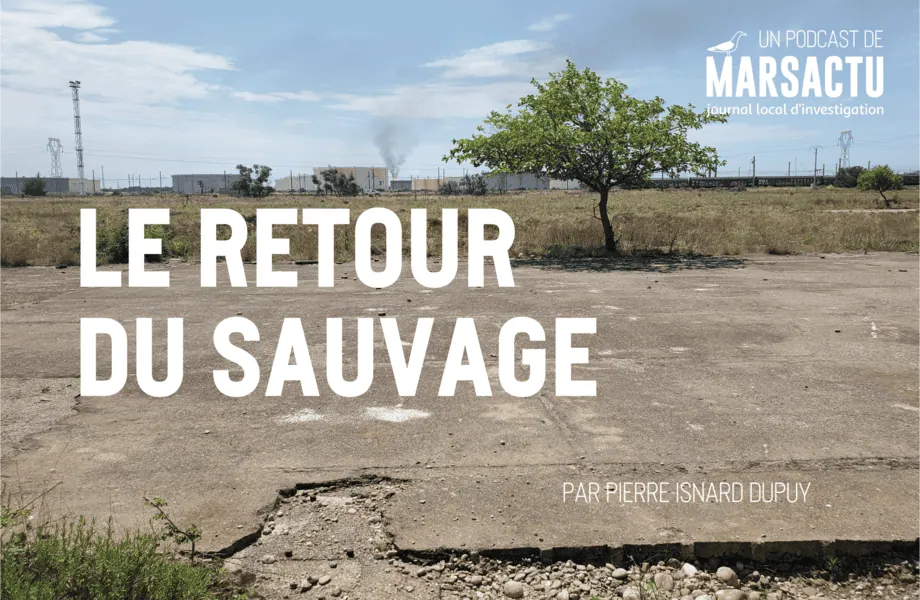
Le retour du sauvage (The return of the wild) is the sound chronicle you'll hear every Saturday this summer on Marsactu.
It tells the story of how, in parts of the region where nature was thought to be exhausted, life is finding its way back.
In each episode, Pierre Isnard-Dupuy takes you on a journey in the footsteps of enthusiasts. In this first issue, we take you to the Crau, where researchers are working to bring back the flora and fauna to areas that were previously covered in concrete.
A Marsactu podcast to listen to this summer on the beach or elsewhere, focusing on restoration ecology research in the Crau.
To listen to the podcast, click here
Léo ROCHER's thesis defence: Wednesday 10 April 2024 at 2:30 pm - amphitheatre of the Avignon University Institute of Technology (IUT)
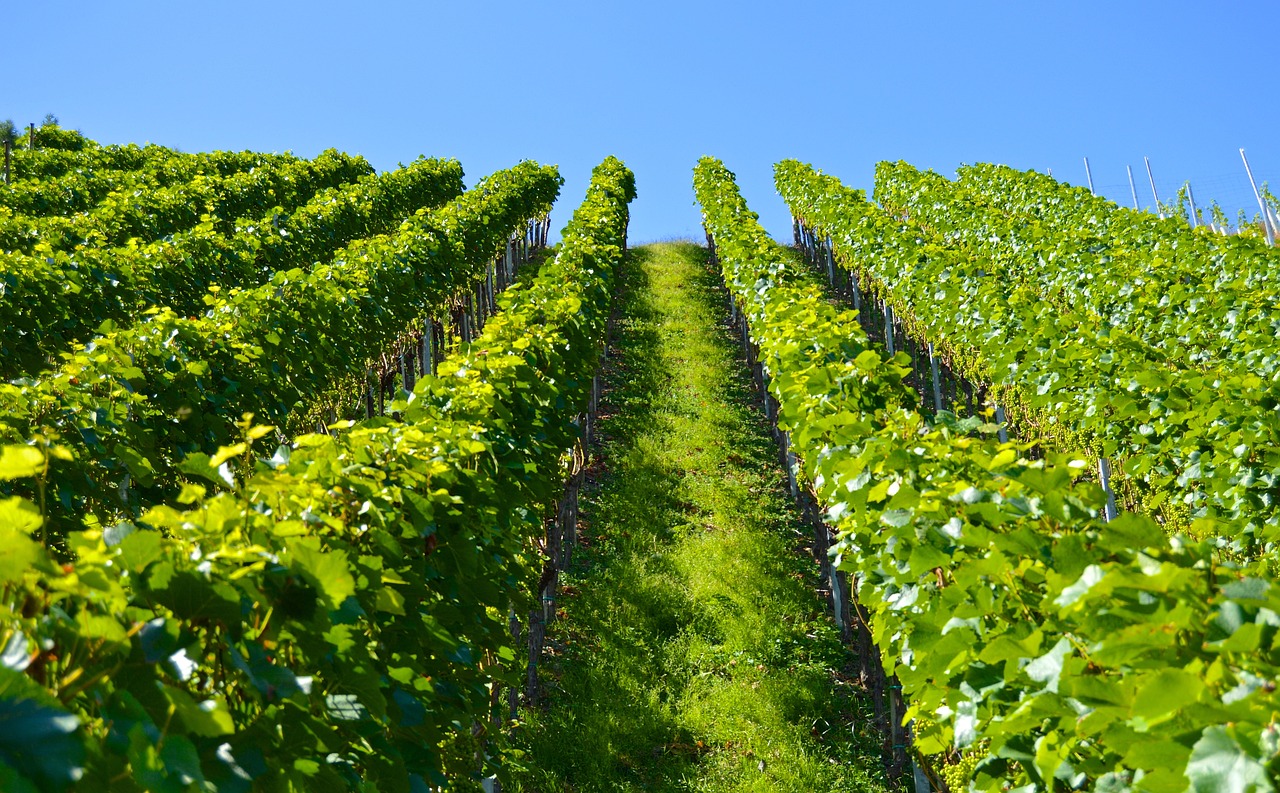
After 3 years of work on the influence of grassing between vine rows on auxiliary arthropodswe are delighted to invite you to the thesis defence from Léo ROCHERentitled : "Identification of vegetation parameters favouring beneficial arthropods and associated ecological functions in viticulture: a correlative and experimental approach", which go to will take place on Wednesday 10 April at 2.30pm, within the IUT amphitheatre.
Summary of thesis:
The decline in biodiversity in agro-ecosystems is largely attributed to the rise of modern agriculture. The main causes are the destruction of semi-natural structures, the extension of the size of agricultural plots and the intensive use of inputs. Arthropods play an important role in enhancing essential ecosystem services such as pest regulation and pollination. Vegetation is a key factor in encouraging their presence. Plants provide crucial food resources and habitats for arthropods. To encourage these organisms in agro-ecosystems and restore the associated ecological functions, practices such as the introduction of semi-natural structures are relevant. In permanent crops such as vineyards, such structures can be set up within the plots. In the Mediterranean region, vineyard inter-row management often involves eliminating uncultivated vegetation for reasons of water competition and to control plant species considered harmful.
The aim of this thesis work is to gain a better understanding of how inter-row vegetation can encourage the presence of beneficial arthropods and the predation function, while limiting the proliferation of harmful plant species in Mediterranean vineyards (Luberon, France). Three main research questions were posed: (1) Does the presence of grass cover and its floristic composition influence the presence of ants, important players in the predation function in vines? (2) Which functional groups in the vegetation are linked to the abundance of predatory and pollinating arthropods and the predation function? (3) Does diversified and local grass cover increase the presence of beneficial arthropods, improve the predation function and limit the establishment of problem plant species?
In the first chapter we studied the response of ants to grass cover in 23 vineyards. Ants play a crucial role in predation in Mediterranean vineyards (Luberon, France). We tested the effect of three vegetation management methods on the diversity and frequency of ants: inter-row grassing, partial grassing and no grassing. We showed that the partially grassed vineyards had a greater diversity of ants than the non-grassed vineyards. Grass cover and the presence of perennial plants positively influenced ant richness, suggesting the importance of taking these factors into account in vegetation management. In the second chapter, we examined which characteristics of spontaneous vegetation influence beneficial arthropods and predation function in 37 vineyards. We found that nectariferous flower cover and plant species richness favoured most groups of beneficial arthropods, as well as the predation function. These results highlight the importance of floral resources and plant diversity in favouring the presence of the arthropods studied. Finally, the last chapter is devoted to a sowing experiment and its monitoring over two years. Three types of grassing were compared: high-diversity sowing, spontaneous vegetation and inter-rows without vegetation. In line with the second chapter, our results highlight the positive effects of plant richness and flower cover on weed control, the abundance of beneficial arthropods and the predation function. All the results of this thesis work converge and highlight the importance of considering different vegetation parameters to favour beneficial arthropods in viticulture.
Tags: Ants, Agroecology, Community ecology, Sustainable viticulture, Semi-natural habitats, Ecosystem services, Arthropods, Predation, Léo" undesirable species
lecture by Clémentine Mutillod entitled "Is the grass always greener elsewhere? The effects of the return of wild horses (Equus ferus przewalski) to the Mongolian steppe".

Thursday 11 April 2024, from 1pm to 2pm, as part of the Midisciences organised by Avignon Universityour colleague Clémentine Mutillod (IMBE doctoral student - IUT d'Avignon) will give a talk entitled "Is the grass always greener elsewhere? The effects of the return of wild horses (Equus ferus przewalski) on the Mongolian steppe".
"In 2004 and 2005, Przewalski's horses - considered to be the last wild horse in the world - were reintroduced into their original area, the steppes of Mongolia, in an enclosed reserve covering 14,000 ha. Following an initial monitoring of the flora inside and outside this reserve in 2010, a second field campaign was carried out in 2023, as part of the thesis of Clémentine Mutillod thanks to Avignon University, the Société Française d'Écologie et d'Évolution, the Khomyn Talyn Takhi association and the Takh Association.
A look back at the two months spent on site, between scientific surveys and natural and cultural discoveries.
So come one, come all to attend in theCERI Ada Lovelace amphitheatre, Jean-Henri Fabre Campus or live on theUniversity of Avignon.
Reception of Dr P. Valentina CARRASCO CARBALLIDO by the IMBE of the IUT and Avignon University
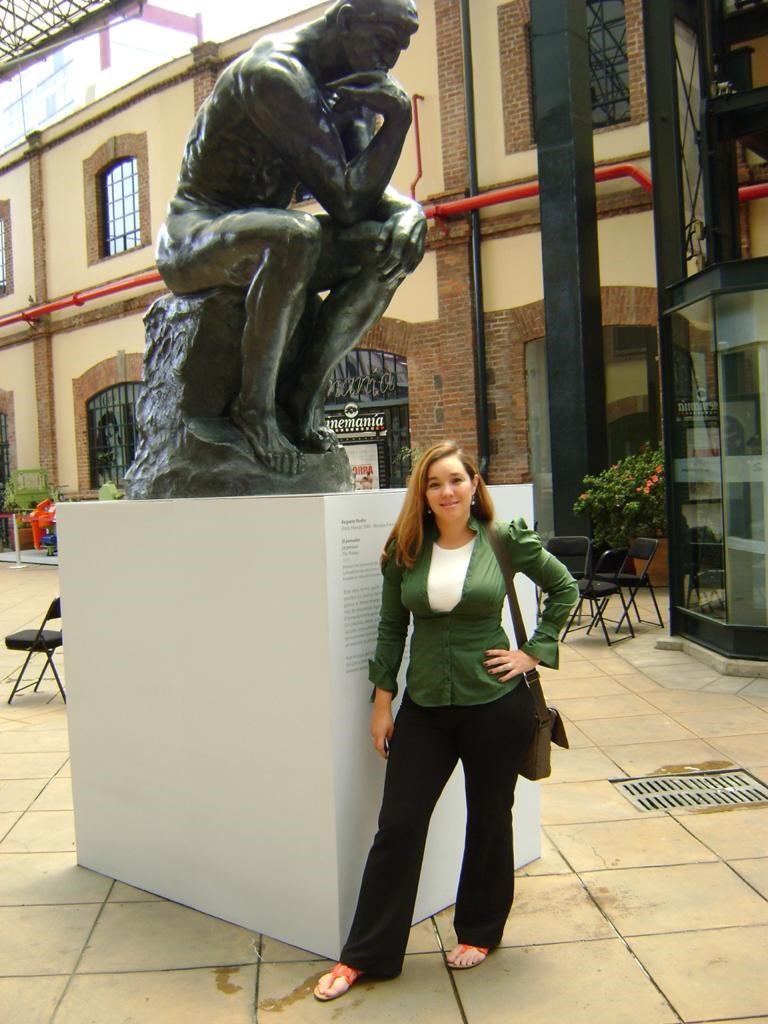
This academic year, Avignon University and the IMBE are welcoming lecturer and researcher Dr. P. Valentina Carrasco Carballido.
A Mexican national, Valentina works at the Autonomous University of the State of Morelos (UAEM), at the Biodiversity and Conservation Research Centre (CIBYC, Centro de Investigación en Biodiversidad y Conservación) in the Sustainable Management for Ecosystem Conservation and Development research team.
Its main line of research concerns ecological restoration with the participation of local communities.
Valentina will be on the Avignon Université IUT premises until June 2024. She benefits from an incoming mobility grant from Avignon Université.
e-mails: carrasco@uaem.mx and patricia-valentina.carrasco-carballido@univ-avignon.fr
The wild horses of the Causse Méjean at the service of biodiversity by Clémentine MUTILLOD
Article from the newspaper "la Marseillaise
Ecology researcher Clémentine MUTILLOD (IMBE IUT Avignon UNIVERSITY)

"... rewilding is nonetheless a complementary approach to ecological restoration".
GoodPlanetMagRestoring ecosystems or rewilding: what is the best approach for restoring an ecosystem disturbed by human activities?
The issue is the subject of much debate among scientists and environmentalists.
A recent study published in the journal Biological Conservation in February 2024 provides some answers.
In particular, the scientists compared the impact on grassland ecosystems in France. They compared the repercussions for the environment of the introduction of a wild herbivorous mammal, in this case Przewalski's horse with those of domesticated mammals such as sheep and horses.
In this interview, the doctoral student at IMBE (IUT Avignon) Clémentine Mutillod explains this research.
The IUT d'Avignon Université congratulates Clémentine Mutillod on this brilliant achievement.
Updated on 6 February 2026